My Anime Karaoke Experience at Home with Karaoke Joysound for the Switch
Carl LiShare
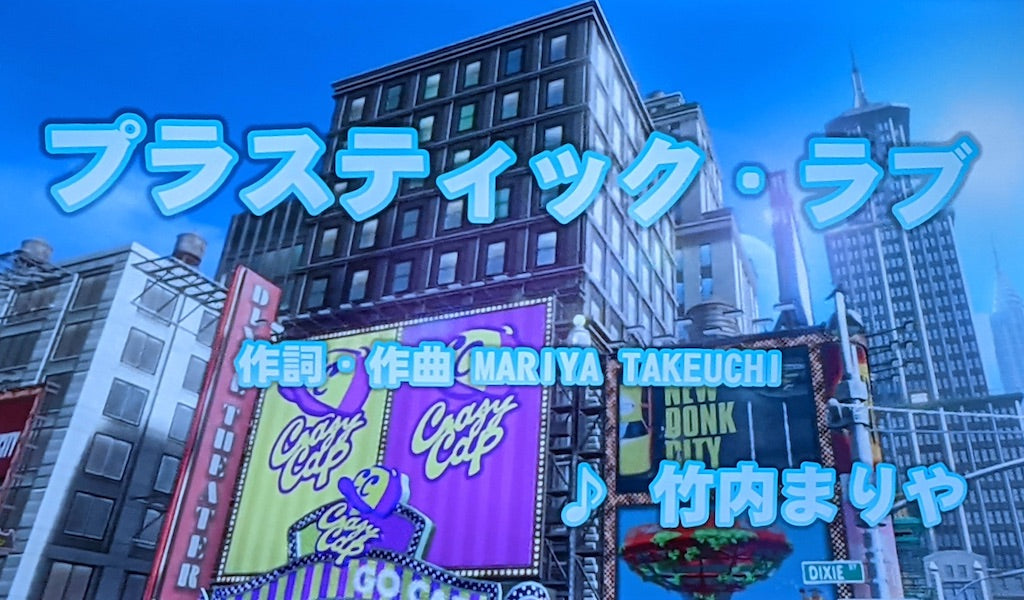

Of the many things I miss doing during this COVID-19 pandemic, there’s one that really stings: the inability to go out with friends and sing anime karaoke. I live in an area that normally has a number of multi-language karaoke options, and prior to the current crisis, it was a great way to both socialize and fulfill the desire to belt out giant robot openings.
However, between the need to social distance and the fact that singing is actually a very effective way to potentially spread the virus, it’s just an incredibly bad idea to be in a karaoke box. After nearly a year, I decided to see if I could substitute the process from the comfort of my home: thus, this review of Karaoke Joysound for the Nintendo Switch. What I found is that if you live alone, or even with other people whom you can trust to have avoided exposure to COVID-19, it’s a great way to scratch that songbird itch.
Joysound Is a Known Brand
Joysound is one of the most established karaoke systems in Japan, and it’s no surprise that they would have a Switch app. One important thing for Switch owners is that it requires a Japanese Nintendo eShop account, as well as access to either a Japanese credit card or Japanese point cards and a USB microphone. Fortunately, it’s fairly easy to set up a Japanese Eshop account (it requires no use of VPNs or the like—only a separate email address), and you can get Japanese Nintendo point cards here at Apartment 507 (Note that for first-time buyers, it may take a few hours to process your order).
As for the microphone, I’ve read that not all of them work (and I had some trouble getting the mic sound to come out), but there are dedicated Switch peripherals out there. Importantly, it does not require a Japanese Nintendo Online account.
They also have something for PlayStation systems that appears to be region-free, but I don’t own a Sony console, so I can’t say anything about it. (If you’ve used the PS versions, feel free to leave a comment).
Song Selection
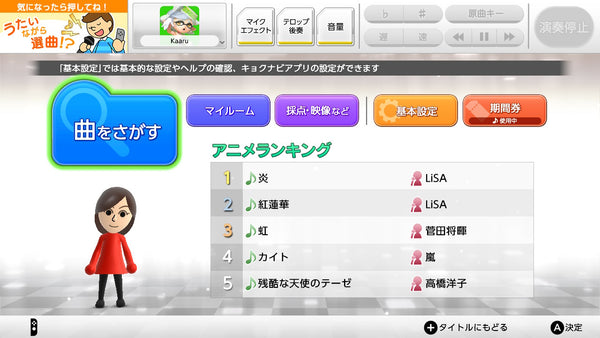
Once you get the Karaoke Joysound app downloaded onto your console, you’ll be able to immediately pick from over 150,000 available songs. There are no English language options, so you’ll need to have some degree of Japanese literacy to navigate the menus. Fortunately, the search bar is very large and obvious, so you just have to click on it and begin slowly entering hiragana letters. A “suggestions” section to the right helps speed up the process somewhat.

Payment
After you’ve selected your first song, you’ll likely be notified that you haven’t paid for anything yet. Indeed, while the app itself is free, the karaoke experience isn’t. It will take you to the eShop checkout page (remember to select your Japan account!), where you have the option of different payment plans ranging from three hours to 90 days. While the 90-day one is by far the best value, even the three-hour one is a very affordable and cost-effective 330 yen (about $3 USD). From then on, it’s as simple as any other karaoke session, though one difference is that the generic video footage is all Nintendo cut scenes and trailers.

A Wide Song Selection
In terms of song selection, Joysound’s catalog is very diverse. I found pretty much all of the anime songs I was looking for, including the aforementioned giant robot themes, but also a wide array of hits both modern and retro, and even Vocaloid and Virtual YouTuber songs. To get an idea, here are some of the tunes I was able to try out.

- “Heart to Heart” by Ayako, the opening to Brave Police J-Decker
- “Voltes V no Uta” by Mitsuko Horie, the opening to Super Electromagnetic Machine Voltes V
- “Step” by a・chi-a・chi, the opening to Mashin Hero Wataru
- “Successful Mission” by Megumi Hayashibara, the opening to Saber Marionette J
- “Plastic Love” by Mariya Takeuchi
- “Alien Alien” by Nayutalien
- “Yuuyake no Uta” by Masahiko Kondo
- “Yuzurenai Negai” by Tamura Naomi, the opening to Magic Knight Rayearth
- “Kaze ni Nare” by Ayumi Nakamura, the entrance theme to wrestler Minoru Suzuki
- “Ahoy!! We are the Houshou Pirates” by Houshou Marine from Hololive

Language Barriers During Songs
The accompanying words for these songs are in Japanese, which means those who aren’t fluent will have to find other means to sing along, like pulling up romanized lyrics online. That said, there are plenty of songs available for anyone who would rather sing in English. Note that while the English-language selection is pretty extensive—it’s Queen song list is impressive, for example—it doesn’t quite have as much as a dedicated English karaoke system. I could find neither “Deacon Blues” by Steely Dan or “Let’s Groove” by Earth, Wind, and Fire.
A Lack of Video Game Tunes
Another limitation is that there seem to be few if any video game songs—even Nintendo ones. The closest thing I could find were songs that began as video game music and were adapted into conventional tunes afterwards, like “Sweet Sweet Sweet” by Dreams Come True, which began as the ending theme to Sonic the Hedgehog 2 (Joysound even lists it under Sonic the Hedgehog 2 in its information). In contrast, when I used to visit the nearest Round 1 arcade, they had “If~Hitori Omou,” the main theme of Fire Emblem Fates in Japanese. As far as I can tell, it just has to do with licensing rights.
Conclusion
Overall, I think Karaoke Joysound is a reasonably good substitute for now. My only wish would be to somehow be able to sync it with other people online so you can truly sing with your friends and loved ones over the internet, but I understand that there would be issues with keeping things truly synced. Perhaps people could take turns, but then it would limit the ability for others to sing along, which is part of the fun with karaoke. Nevertheless, I find myself satisfied with the experience, and hope for the day I can reunite with friends and sing about Janperson.
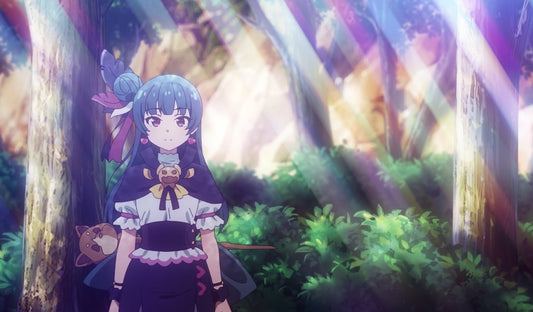


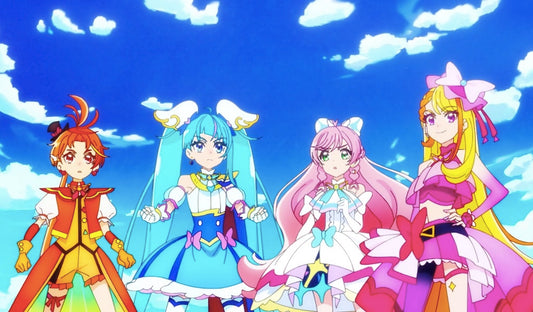
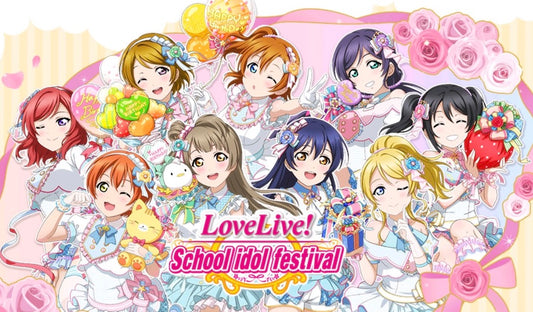
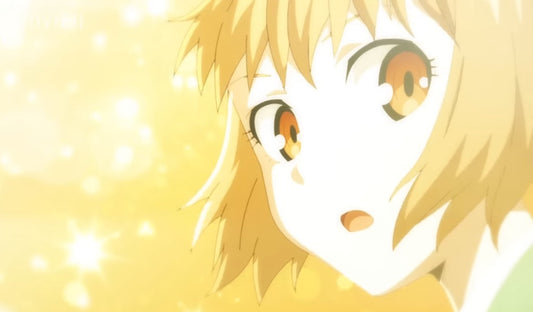
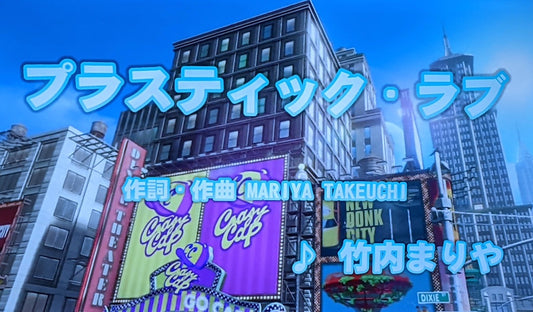
1 comment
Hi! After recently being to Japan and finally gotten the chance to actually karaoke some favorite Japanese songs I went looking for a way to do this from outside of Japan and found this article among things :)
While at Joysound I found a way to get romaji for basically all the songs by setting RUBI to romaji. I’m guessing this isn’t an option in the Switch software? I’m getting a Switch just for this haha, but I’ll end up playing games as well of course.
Also, I realize this was 3 years ago, but I hope there’s a way to access my Utasuki-account as I have a long list of songs already found and this would make things a lot easier :D
Anyway, long time ago, but still, thanks for the article!
Kind regards from Sweden,
Staffan